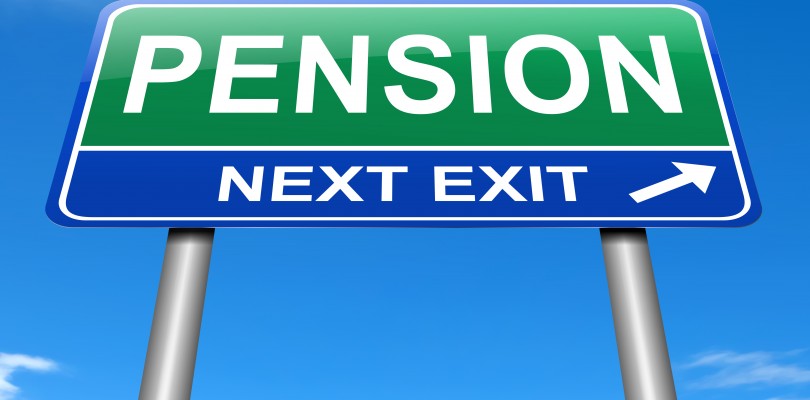Employing more staff?
Find out about your eligibility for the JobMaker Hiring Credit scheme.
The JobMaker hiring credit scheme has been backdated to start from 7 October 2020 to 6 January 2021 (and has now been extended, so read on!).
The scheme provides eligible employers with payments for new jobs created for young workers:
– $200 per week for hiring a worker aged 16 to 29 years, for at least 20hrs per week
– $100 per week for hiring those aged 30 to 35 years.
Conditions apply such as:
– Employer must have an ABN
– Employer is registered for PAYGW
– Employer is reporting through STP
– Employer is up to date with lodgements
– Employer must have hired additional eligible employees (i.e. employee head count +1 at least)
– Employer demonstrates increased payroll for the reporting period, compared with the 3 months to 30 September 2020.
GREAT NEWS! The JobMaker hiring credit scheme has been extended and now continues until 6 October 2022!
For more information or assistance with registering for the JobMaker scheme CONTACT US now!






